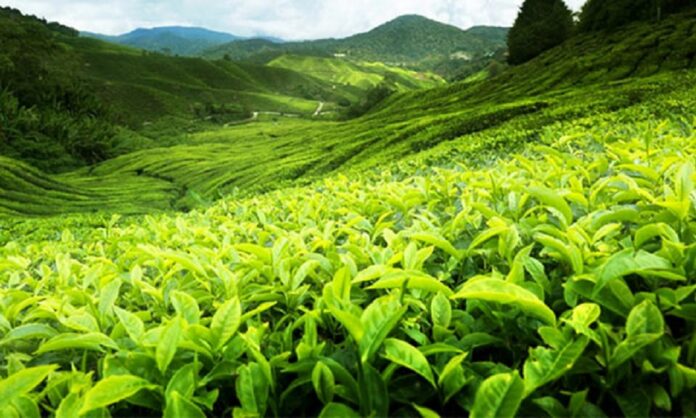By: Staff Writer
Colombo (LNW): Sri Lanka tea industry has strengthened its position as the largest revenue earner of tea in the world, second only to China, said Ganesh Deivanayagam, who was re-elected as the Chairman of the Tea Exporters Association (TEA) for his second tenure.
Deivanayagam highlighted Sri Lanka’s expertise in producing unique tea blends, which has propelled the country’s success in the global marketplace.
Sri Lankan tea commands an average FOB (Free on Board) price of US Dollars 5.10 per kilogram, surpassing India’s $3.58 and Kenya’s $2.60. Sri Lanka’s achievement can be attributed to its relentless pursuit of excellence, breaking global barriers, continuous innovation, and a willingness to take risks.
Moreover, Sri Lanka has established itself as a leader in tea blending, packaging, flavoring, and value addition, outpacing its competitors in these areas.
Despite facing challenges in both domestic and external markets, such as difficulties in importing raw materials and a high-tax environment, Sri Lanka has managed to sustain its tea export revenues through positive action, stakeholder collaboration, and prudent decision-making.
The stability achieved by the Sri Lankan tea industry provides a solid foundation for further growth and development.
Moving forward, the industry must focus on producing more healthy tea products for the global market, as these products have the potential to command higher prices.
Sri Lanka has sustained its tea export revenues and continues to lead, as a direct result of positive action, stakeholder symbiosis and prudent decision-making. It gives a stable platform on which to continue to build our resilient industry.”
The island nation remains the largest revenue owner of tea in the world, second only to China. Sri Lanka has achieved this feat through relentless pursuit, breaking global barriers, innovating, and taking risks.”
He also emphasized that Sri Lanka’s tea blending, packaging, flavouring and value addition are significantly ahead of its competitors.
Niraj De Mel, Chairman of the Sri Lanka Tea Board also shared his insights saying, “Our target is to touch at least 265 million kilos of tea production this year,” while emphasizing the need for sustainability amidst price fluctuations.
He also referred to discussions held with Minister of Plantation Industries, the Hon. Dr Ramesh Pathirana, with regard to increasing value addition, highlighting that Sri Lanka’s ability to produce a variety of teas, due to its diverse agro-climatic growing districts, could be more fully leveraged through value addition.
“Sri Lanka produces 3.9% of the global tea supply, with China and India being the other major producers,” De Mel continued.
“However, we believe that more can be done with the variety of teas produced in Sri Lanka, particularly in terms of adding value and attracting new markets. Ceylon Tea is unique and we may not be leveraging that distinction sufficiently.”

